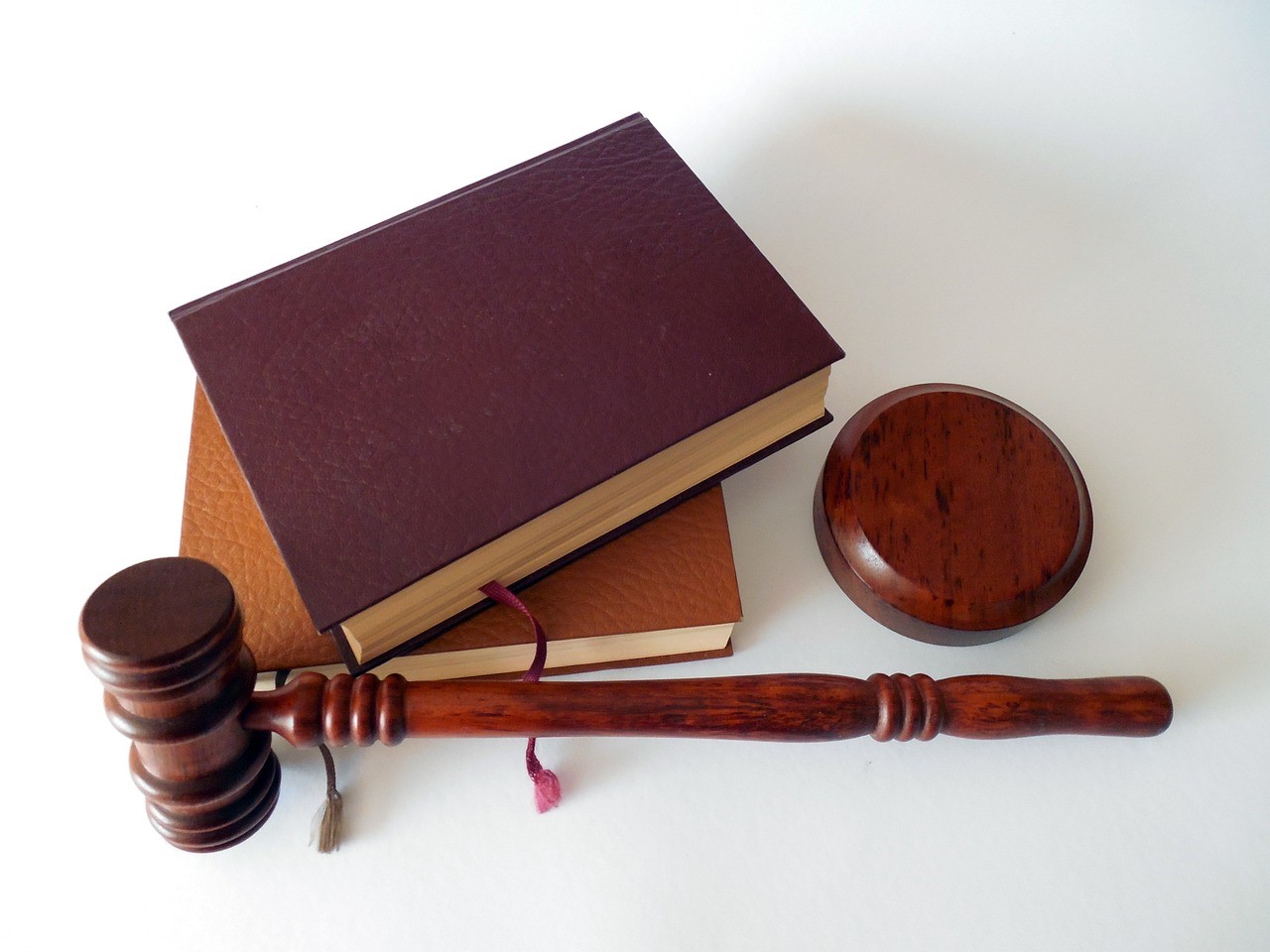Understanding the Role of Bail Bonds in the Judicial Justice System
When a person gets arrested, the first thing that comes to mind is – How can I get out of this situation? The quickest answer here is usually a bail bond. And in the complicated world of our judicial system, bondsmen and services like Dallas Bail Bonds play a very important role, giving a much-needed lifeline to people who are still coming to terms with their arrest. This way, they can deal with the justice system without disrupting their lives.
However, this whole process can be quite complicated. Today, we’ll seek to simplify it for you. We’ll talk about what bonds are, then look at the purpose as well as the process involved.
What are Bail Bonds?
Bail bonds are financial agreements that an accused person makes with the court. This agreement is meant to ensure that if a person is released from jail, they will come back whenever the court expects them to, typically during the trial. In other terms, it is a monetary guarantee that the accused will appear in court for their hearing or trial.
The Purpose of Bail Bonds
The justice system is based on the presumption of innocence, but it also has to balance this with public safety. Bonds serve as the in-between. By providing a chance to be released while waiting for trial, they ensure that a person who may be innocent is not jailed. This helps prevent unnecessary disruptions to the personal and professional life of the accused.
The Bail Process
Arrest and Booking
After being apprehended, a person is first taken through the booking process. Here they have their personal information recorded, and their photograph and fingerprints may also be taken. After that, the person may then be given an opportunity to be released through bail.
Bail Hearing
After the arrest and booking, a bail hearing in court is organized. Here, the judge analyzes several factors that can be used to determine whether the person poses a danger to society or they may end up disappearing altogether. These are factors such as the severity of the alleged crime for which they were arrested, the person’s criminal history, ties to the community, and flight risk. This assessment will also be used in coming up with conditions for the release.
Bail Bondsman
If the bail of the accused judged is set at an amount that the person can not pay comfortably, a bail bondsman is then enlisted. Usually a licensed individual or entity, the bail bondsman posts the bail that has been requested. In return, the accused is supposed to pay a fee to the bondsman, which is usually a percentage of the total bail.
Release or Detention
Once the bail bondsman posts the bail, the accused can be released from custody, pending their trial or court proceedings. However, the release mostly comes with various terms and conditions, such as regularly checking in with authorities, adhering to travel restrictions, or attending counseling programs. In case the accused doesn’t adhere to the conditions, their bail may be revoked, and the person returned to jail.
What are the Implications and Considerations?
Bail bonds are much welcome in the judicial justice system as they allow an individual to exercise their right to freedom and enjoy the presumption of innocence till proven guilty, while still ensuring that they will appear in court and answer to their charges. However, it’s important to understand that they come will some potential risks and considerations.
The most important one is that a person has to comply with the various terms of release. Violating these terms can have serious consequences, which also include forfeiture of bail and having an arrest warrant issued. And when bail is revoked or forfeited, the bondsman may require the accused to pay the bail in its entirety. As such, it’s important to understand that abiding by the various terms will make the pre-trial easy and preserve the right to freedom.

